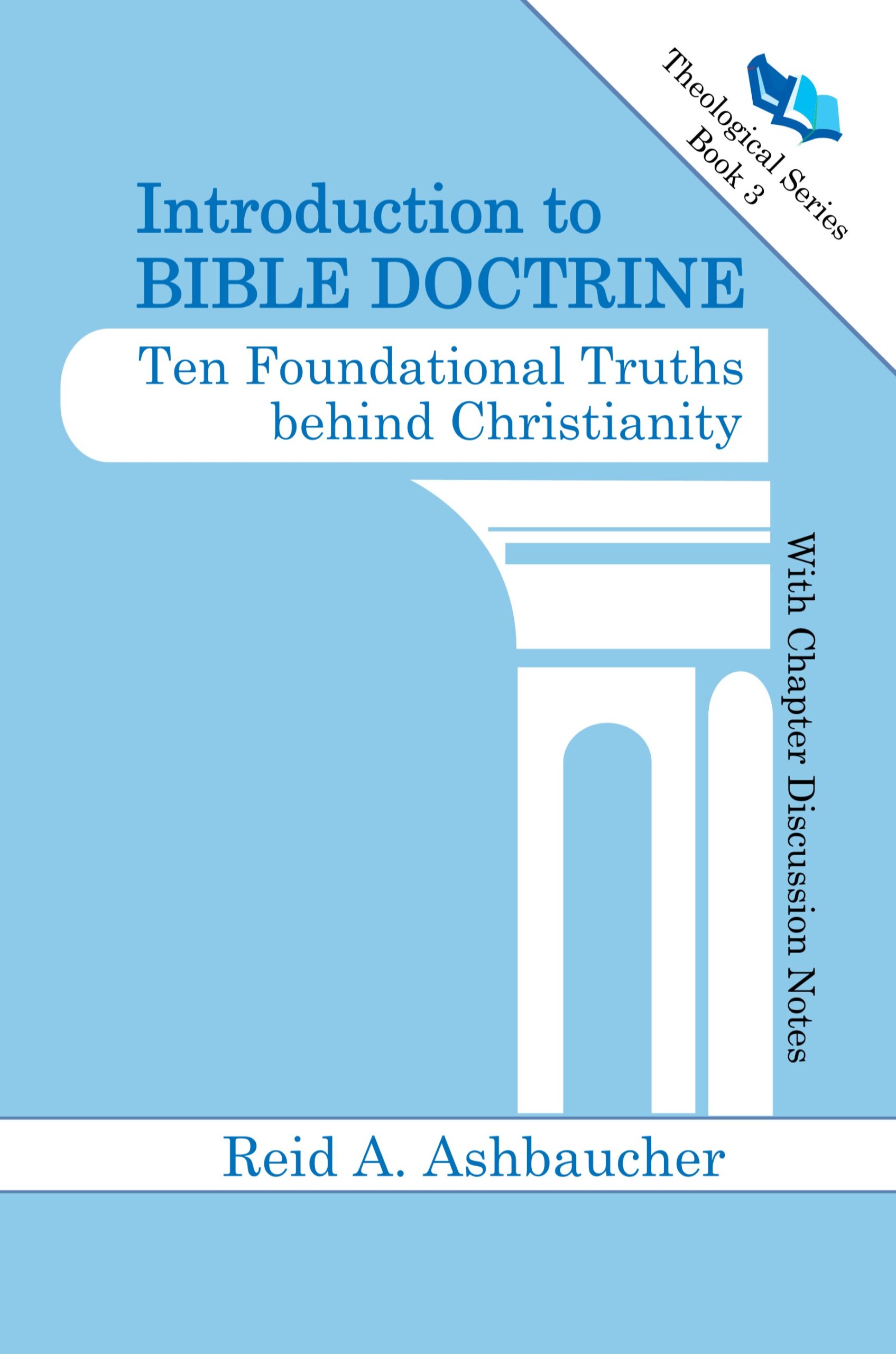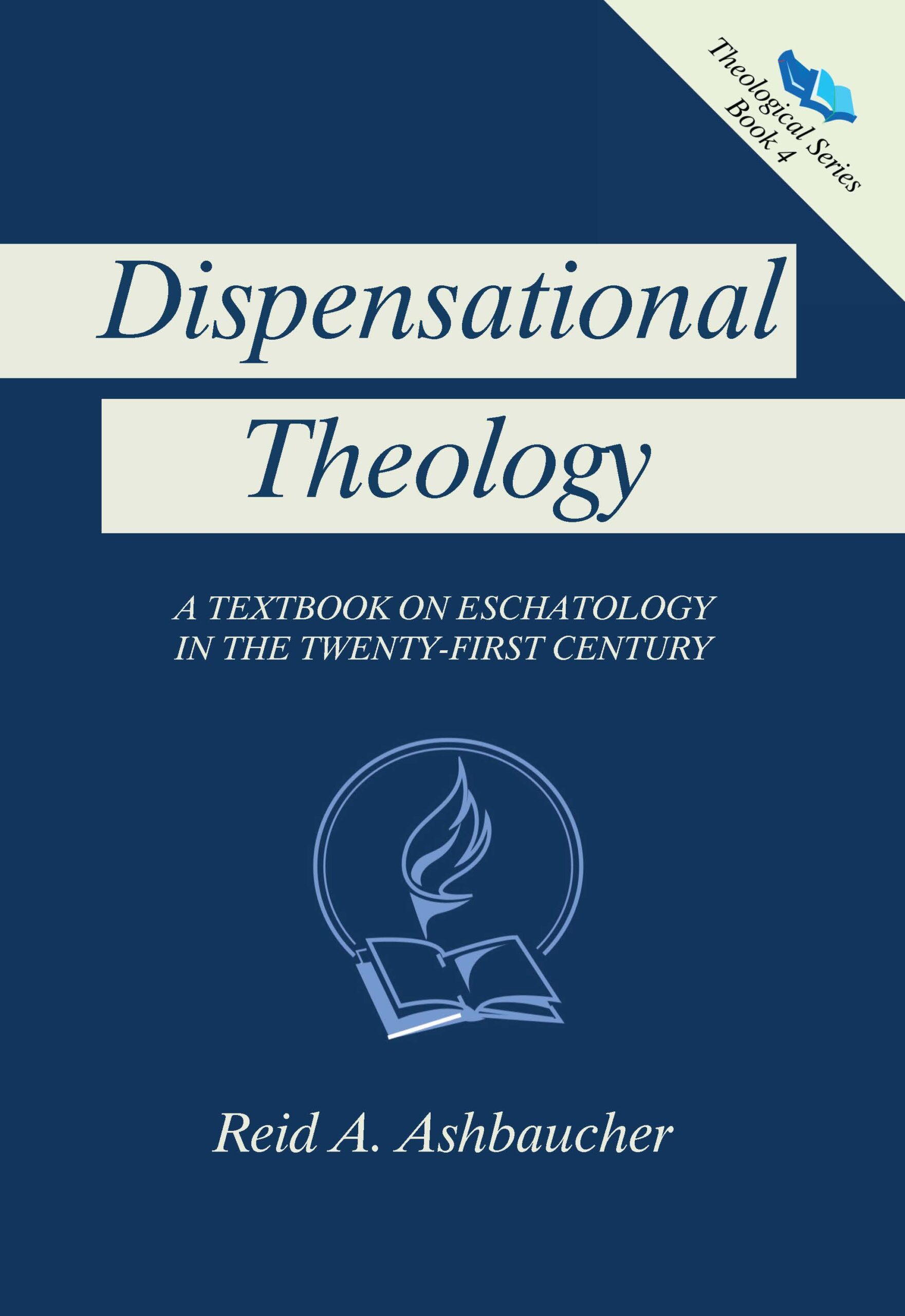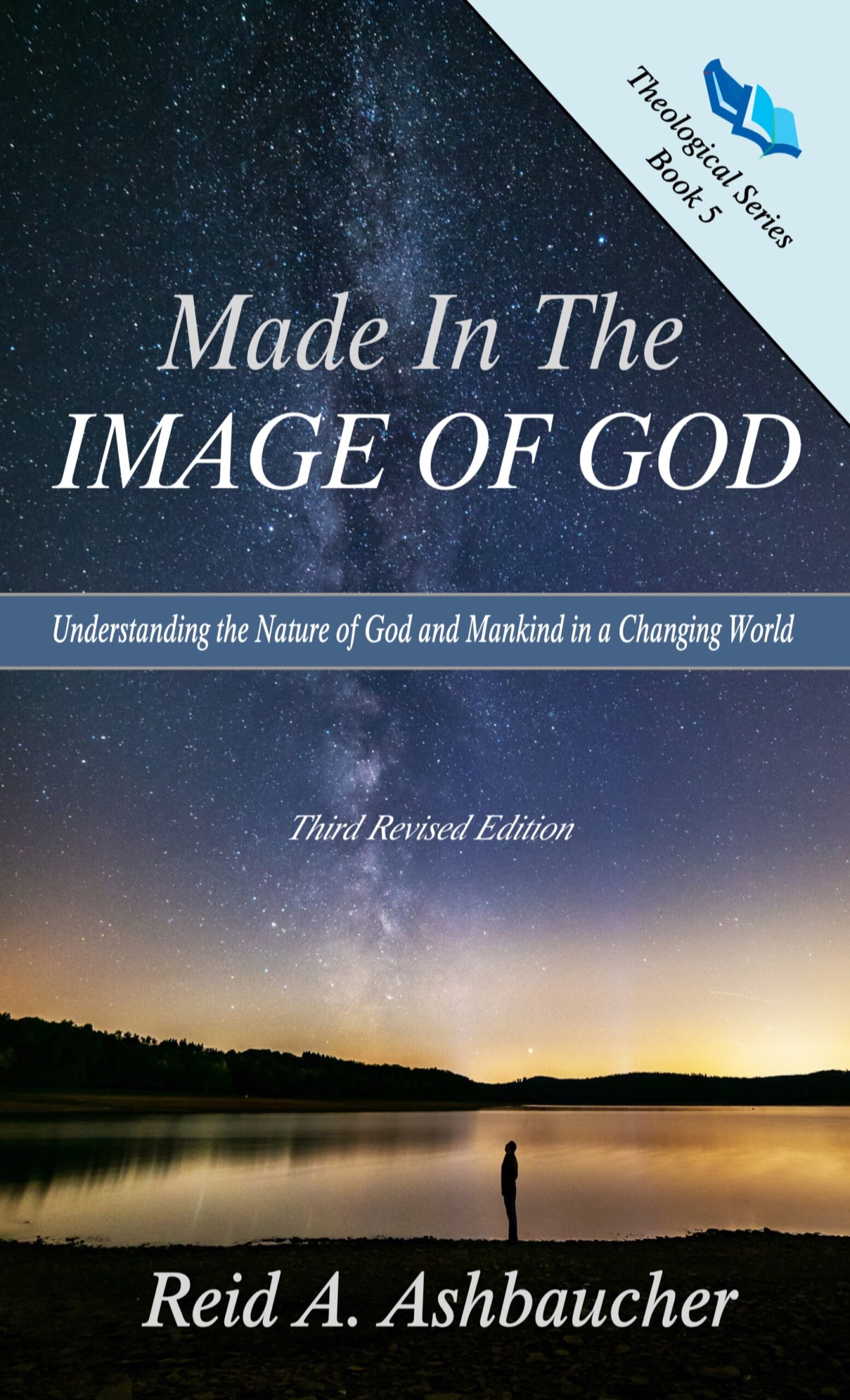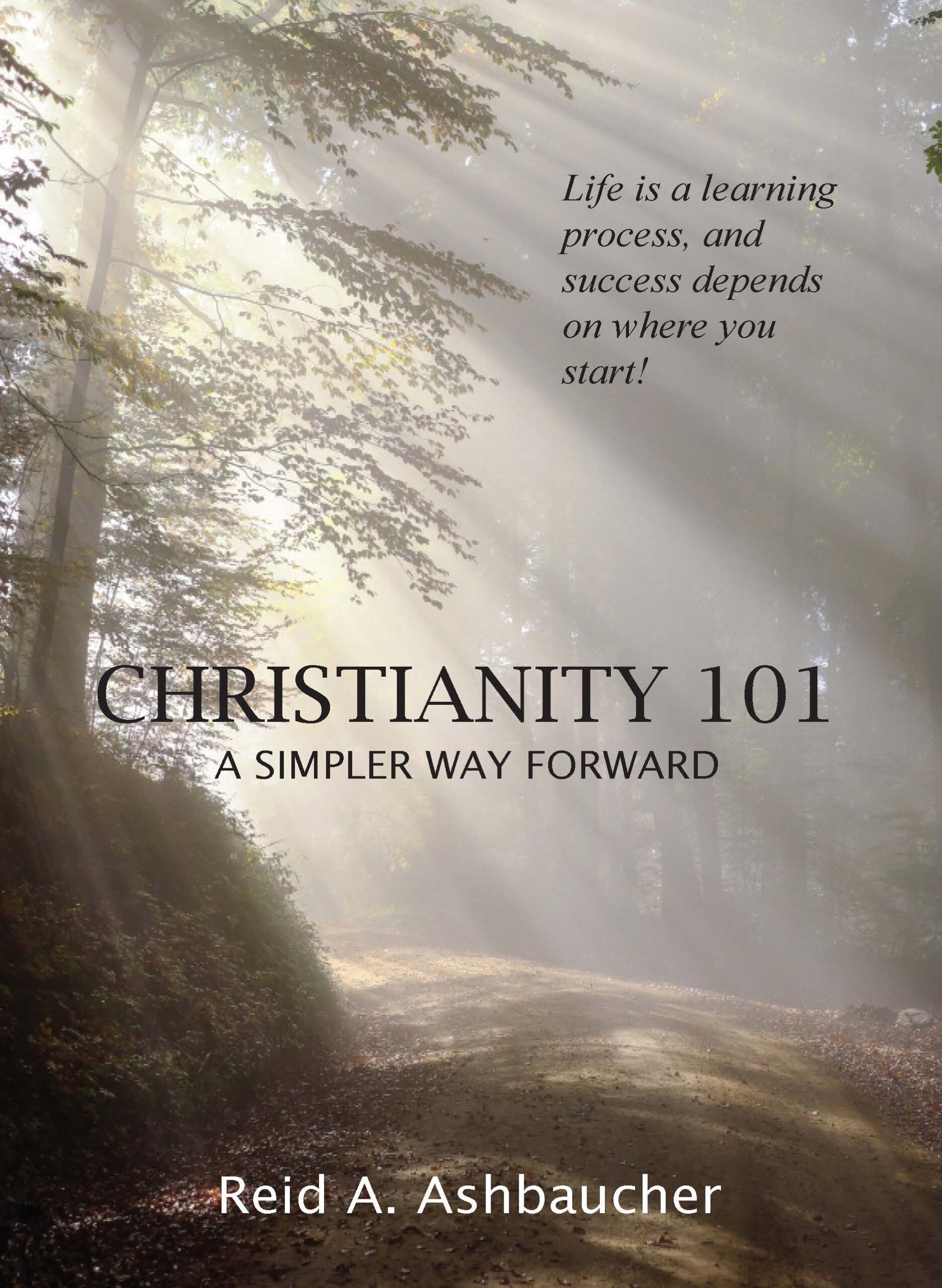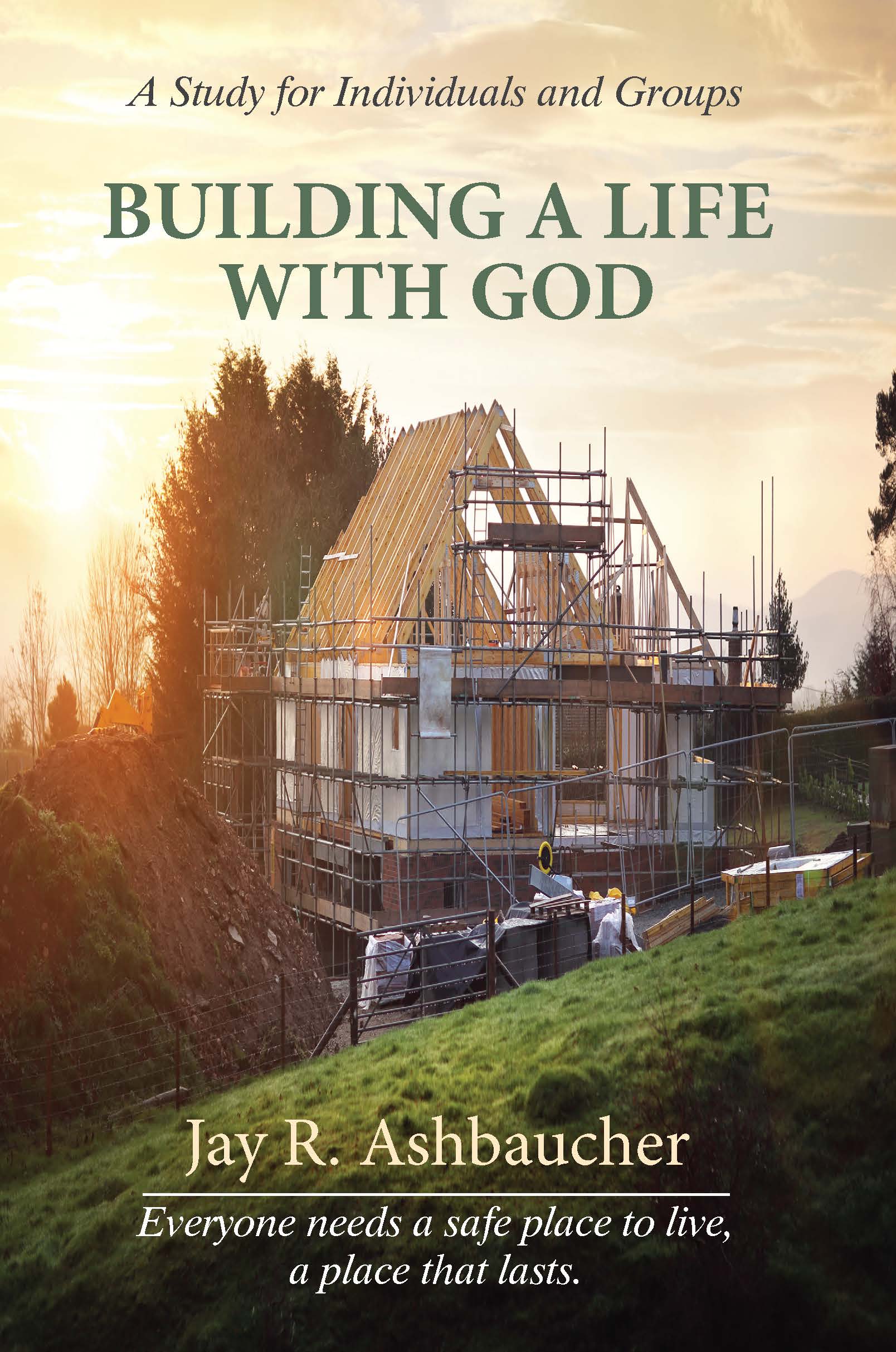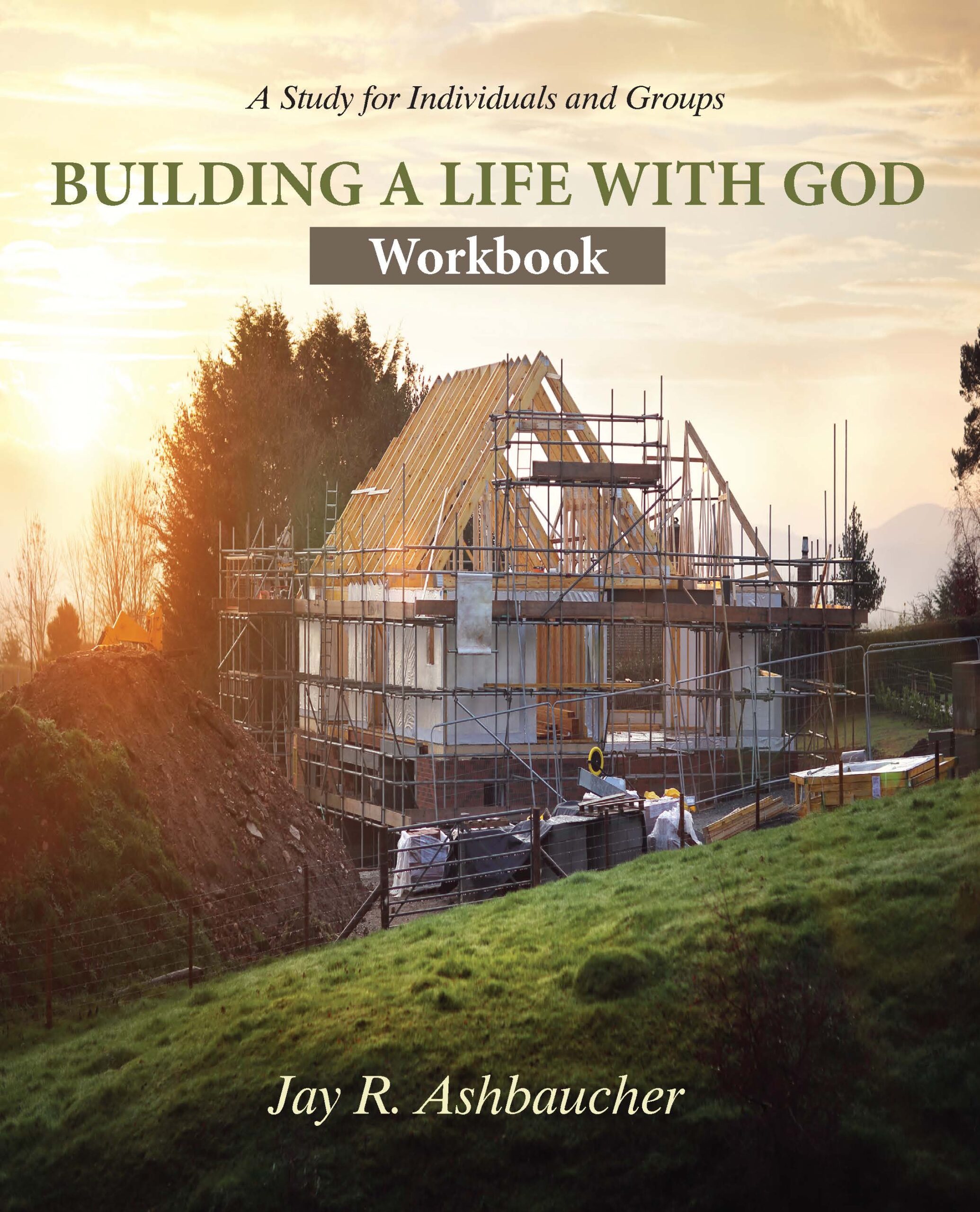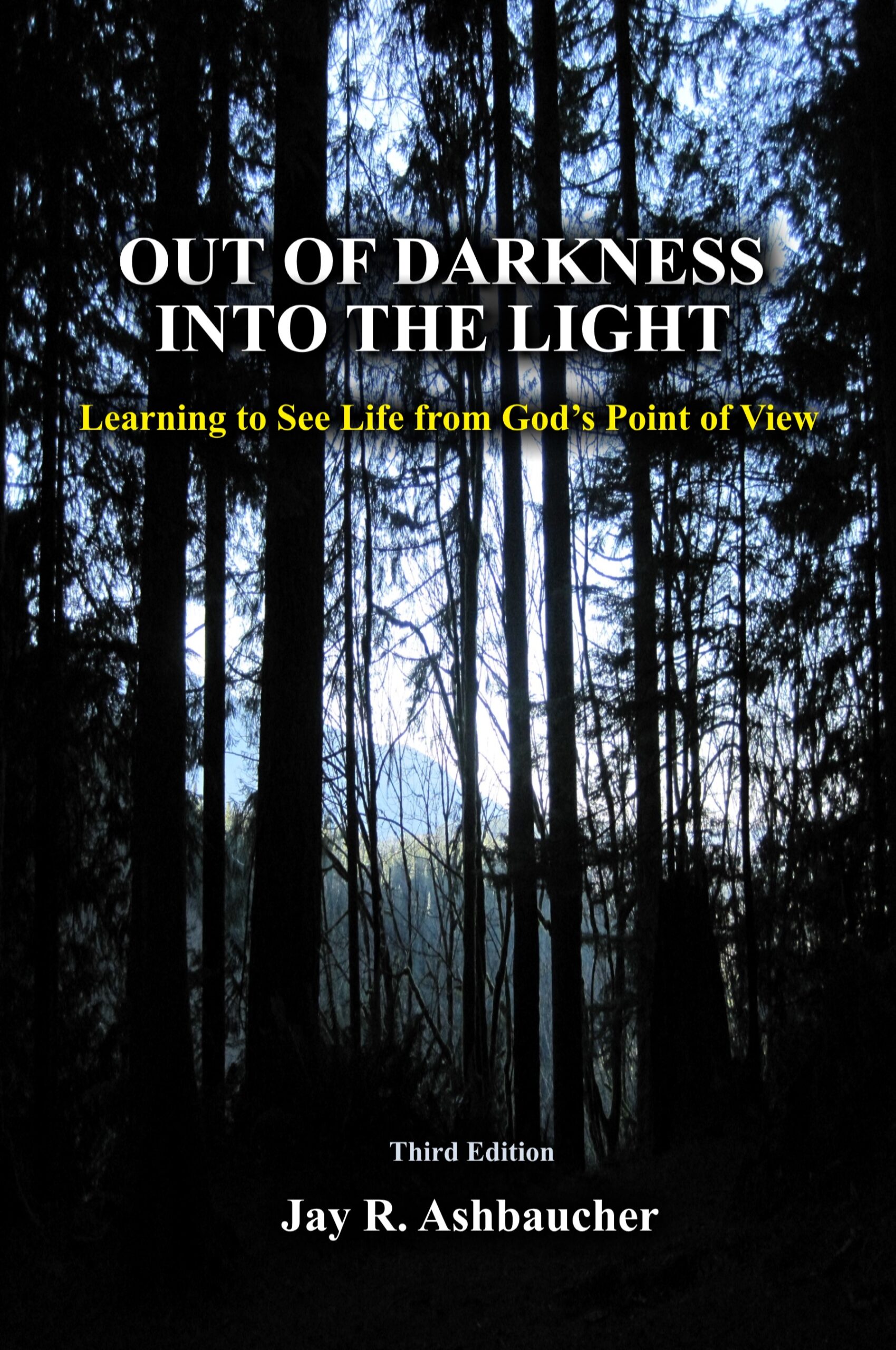March 1, 2021 | By Jay Ashbaucher
A friend and I went to a restaurant the other day, and a waitress came to take our order. I had been scanning the 6-page menu and was overwhelmed by the number of choices. The waitress must have noticed a bewildered look on my face and asked, “Would you like a few more minutes?” I said, “Yes, thank you, I need to check out all of these great choices.”
When it comes to choosing a way of life, or a religion, or some form of spirituality, or a set of values, the choices in our American culture, and in the world, are overwhelming. With the enormous amount of information on high-speed internet and social media, and surrounded by people with all kinds of beliefs, we are offered choices not available to us in times past. We live in a pluralistic society, which means two things. First, our menu of choices to find what way of life satisfies and is right for me is overflowing with options. Second, pluralism not only offers us lots of choices, it also says that any choices we make are just as valid as anybody else’s. This means there is not one way to live that contains absolutes that are the same for everyone. In a pluralistic culture, we believe each of us is free to choose our own truths, to decide our own values, or our own religion, or no religion. We make our own way and destiny, one that’s right for me. This is what our culture tells us.
It would seem that freedom for each person to be who they want to be, and being accepted by others no matter what our choices are, is a good thing. But if there are no absolutes that we all agree on and abide by, will not all of us living our self-chosen ways lead to conflicts, division, disunity, and a chaotic society? To fix a divided society gone wild with unacceptable differences, would we not need authorities to take control, thus eliminating our freedom of choice? If that happens, we will need to bow to those in power.
Which would you prefer, pluralism, or authoritarian control? Actually, neither of those choices seems inviting. The pluralistic smorgasbord of choices gives us freedom to create our own truth and lifestyle, but if there are no agreed upon values or absolutes that are the same for everyone, then we create a society where anything goes, thus creating lawlessness, fear, and chaos. It seems true that no one is free to live the way they want when it comes to living and getting along with others. There must be truth outside of ourselves that everyone must abide by, or life will not turn out as we hoped. For example, if you want to build yourself a house, there are truths you cannot violate or the house will not turn out as you want. There are standards of measurement that are the same for everyone, and you cannot ignore those standards. If you want a room 24 by 24 feet, and choose to cut all the building materials the length you want instead of following the standard guidelines, you can’t get the room to be the size you want. You need to live by the standards of measurement, or what you want doesn’t happen.
The same is true for choosing your beliefs about the world you live in. Just as there are physical laws or truths that must be adhered to, like gravity or mathematic measurements, there are also moral or ethical laws that must be followed. For example, if people lie, and nothing turns out as they say it will, we learn that you cannot trust others. A world without trust leads to broken relationships and lives. Likewise, there are historical truths that must be accepted as legitimate. We can learn valuable lessons from the mistakes or successes of others. Lessons learned from people in the past can be extremely beneficial in the choices we make for the present. Of course, people will say, how can we trust history when we weren’t there to witness it. Maybe the reports are false and not to be trusted. People say science is the only way to know what’s true because of its scientific testing methods. However, history has its own ways of producing evidence from which one can learn if a historical event is accurate; not 100% provable, but provable enough to make it reasonable to believe it.
When we think about it, we are not as free to choose our own lifestyles and to determine our own destinies as we think we are. There is truth outside of oneself that matters if we want a successful life, or world. An event happened in history over 2,000 years ago. A man was born into the world who made certain claims that are worth considering. They are worth considering because they allow us to avoid the dangers of both pluralism and authoritarianism. During a trial before he was unjustly sentenced to death, he said that he came into the world to testify to the truth (John 18:37). He said on another occasion that we can know the truth and the truth will make us free (John 8:32). He said he came from God (John 8:42) and that he speaks the truth (8:45). He asked his listeners, “If I speak truth, why do you not believe me?” (John 8:46). This one-of-a-kind man taught many things about God, ourselves, and how to live life successfully. He even claimed that anyone who kept his word would never see death (John 8:51).
Did such a person actually live? Were his deeds and actions accurately reported by eye-witnesses? Were these written reports accurately preserved over time? Did this man named Jesus ever offer any proof that his claims were true? The bio of his life, what he did and said, is recorded in a book known as the Bible. These facts have been checked out by many a skeptic and found to be accurate. And the proof Jesus offered that verified the truth of what he claimed was that his body would die and come back to life (John 2:18-22). He promises to one day return for those who humbly repent of their wrongs and choose to follow him, so they can be with him in a fantastic restored world of his making. Fact checking about this is open for anyone willing to put in the effort. If we choose to believe, then we will discover what Jesus means by freedom, and how his truth can amazingly benefit us in our daily living.
A person asked me how he could know Jesus, his truth, and the life he promises, so I quoted Jesus as saying, “Behold, I stand at the door and knock. If anyone hears my voice and opens the door, I will come in to him” (Revelation 3:20). I suggested to this man who wanted to know Jesus that he find a place to be alone, talk to him, and honestly say what he wanted Jesus to do for him. I told him that he hears your heart and that you can ask him to come into you, forgive you, be real to you, and fulfill his promises in your life. The person did what I had recommended, but he came back later to tell me that nothing happened. I asked, “What did you expect to happen?” He said that he thought he would have a special feeling, an experience of ecstasy. I asked him if he sincerely asked and wanted Jesus to come into his life. He said, “Yes.” I then said, “If you invited him to come into your life, where is he right now?” He did not know. I said, “Jesus does not lie, he must have come in as he said he would. His answer to your prayer is not known by your feelings, but by your faith. Faith is believing he will do what he says. If you sincerely asked him, do you believe he did what he said?” Evidently, he believed, for his life noticeably changed, his faith became stronger, and he discovered that life with Christ is much more exciting and rewarding than choosing to create his own way of life, truth, and destiny. The truth is that without Christ, our world can only self-destruct.


